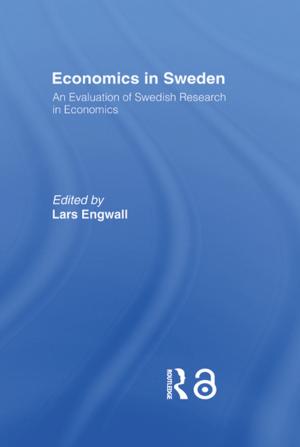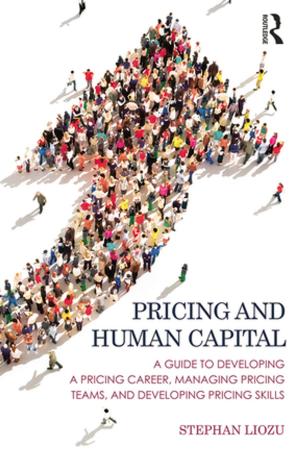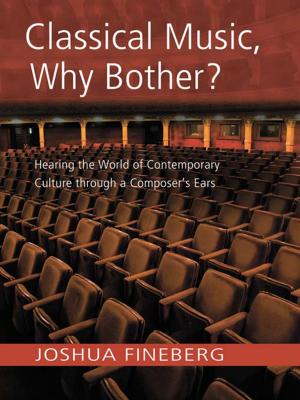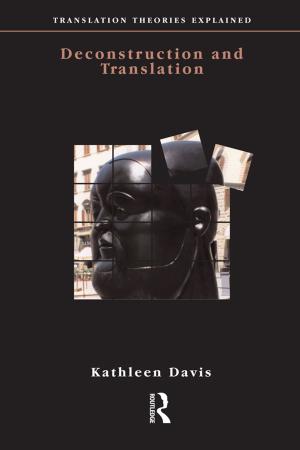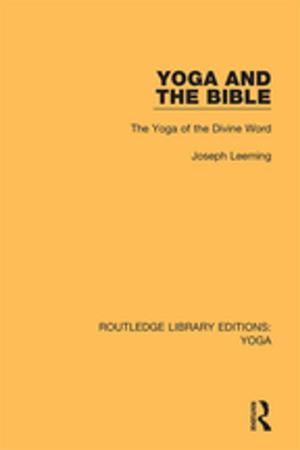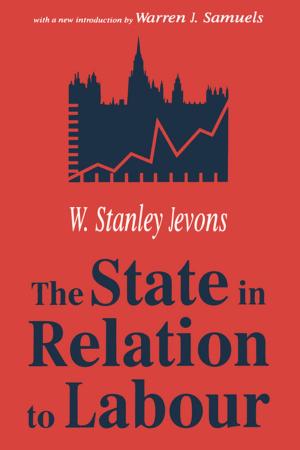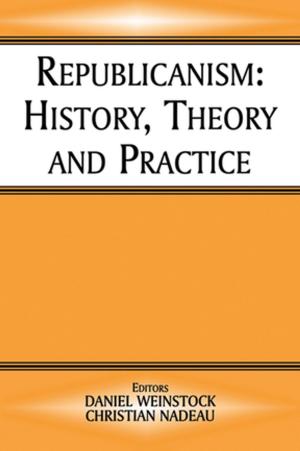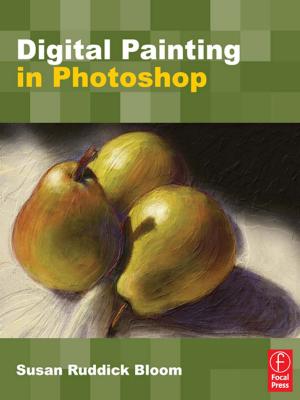| Author: | Martin Bunzl | ISBN: | 9781134722570 |
| Publisher: | Taylor and Francis | Publication: | June 20, 2005 |
| Imprint: | Routledge | Language: | English |
| Author: | Martin Bunzl |
| ISBN: | 9781134722570 |
| Publisher: | Taylor and Francis |
| Publication: | June 20, 2005 |
| Imprint: | Routledge |
| Language: | English |
In Real History, Martin Bunzl brilliantly succeeds in bringing together two schools of thought at the forefront of the philosophy of history: that of realism and objectivity. He shows us how the realism debate is inhabited by philosophers, whereas the objectivity argument lies in the hands of historians. In his lucid and direct style, Bunzl proposes a synthesis between these two parallel traditions. We see that what historians say they are doing is not necessarily what they are actually doing. Bunzl draws on recent work (from the likes of Foucault to Rorty) to develop a new model for the philosophy of history; a model which essentially calls for the collapse of the realism/objectivity dichotomy.
Martin Bunzl clearly merges the two parallel debates of history and philosophy. He draws on relevant discussions ranging from post-structuralism, to the philosophy of science, to notions of realism and objectivity, to debates about the history of women.
In Real History, Martin Bunzl brilliantly succeeds in bringing together two schools of thought at the forefront of the philosophy of history: that of realism and objectivity. He shows us how the realism debate is inhabited by philosophers, whereas the objectivity argument lies in the hands of historians. In his lucid and direct style, Bunzl proposes a synthesis between these two parallel traditions. We see that what historians say they are doing is not necessarily what they are actually doing. Bunzl draws on recent work (from the likes of Foucault to Rorty) to develop a new model for the philosophy of history; a model which essentially calls for the collapse of the realism/objectivity dichotomy.
Martin Bunzl clearly merges the two parallel debates of history and philosophy. He draws on relevant discussions ranging from post-structuralism, to the philosophy of science, to notions of realism and objectivity, to debates about the history of women.

